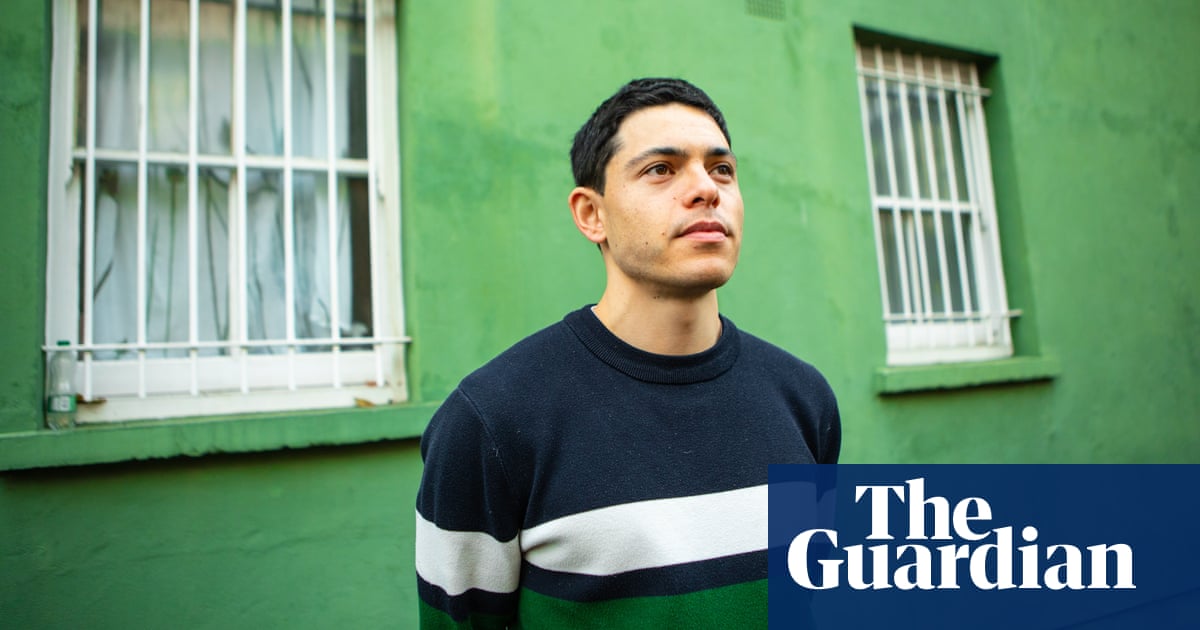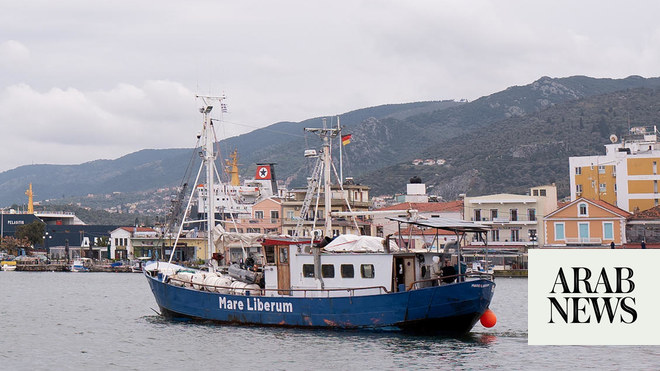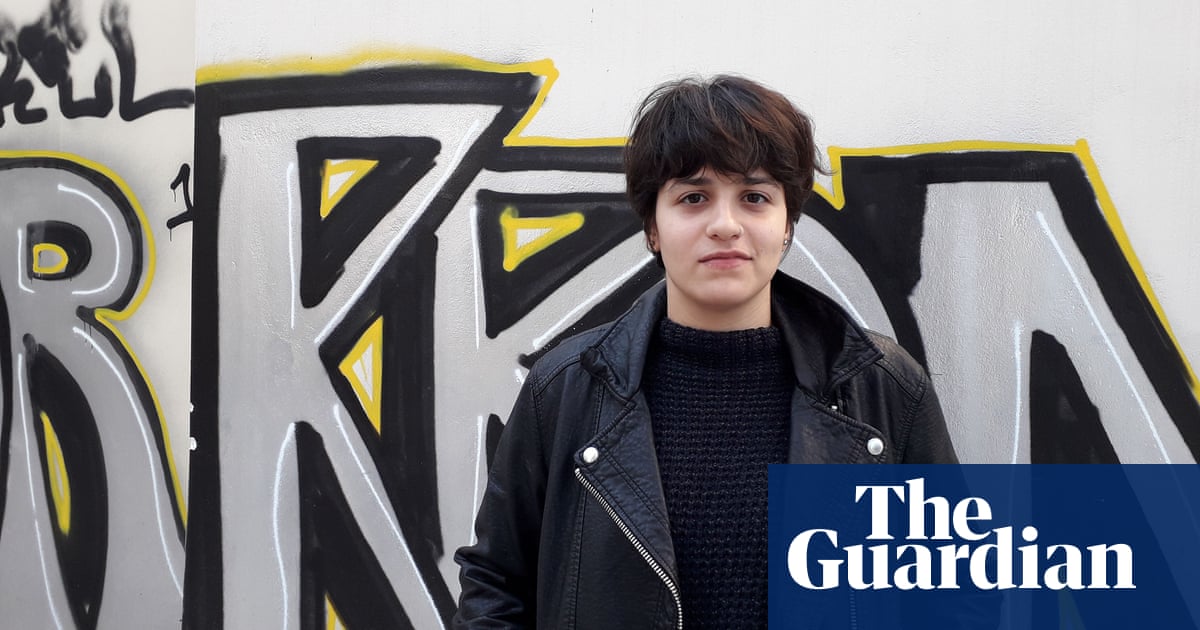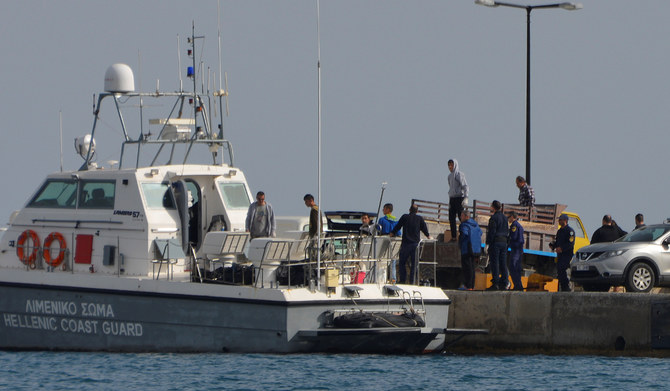
A Greek court’s decision to drop criminal charges against dozens of international aid workers accused of espionage and facilitating the illegal entry of migrants into the country has been met with jubilation.
A three-member judicial council convening on the north Aegean isle of Lesbos ruled there was insufficient proof to pursue the case against 35 mostly German nationals.
“There is not enough evidence to support the accusations against the defendants,” the tribunal argued in documents released on Tuesday.
Lawyers representing the accused described the decision as a good day for humanitarians at time when life-saving solidarity work had become increasingly criminalised.
“It’s very encouraging,” said Zacharias Kesses, an attorney defending some of the aid workers. “The police narrative was based on assumption and speculation. It was pure fiction and the courts on Lesbos have, I think, finally understood that they can’t indict people for the crime of being humanitarian, that they can’t assume humanitarians are people smugglers.”
The accused, who also included citizens from Norway, Austria, and Switzerland, were arrested in Lesbos in September 2020 after an inquiry by the Greek intelligence service and anti-terrorism units that allegedly linked them to traffickers moving people from the Turkish coast to the island.
Police argued the aid workers used encrypted messaging apps to provide smugglers with the geographical coordinates of landing areas so they could circumvent Greek coastguard patrols.
The NGO workers vigorously denied the claims.
Scores of migrant solidarity workers, including Sarah Mardini, the Syrian refugee immortalised in the Netflix film The Swimmers, have faced similar charges in Greece.
Mardini, a former competitive swimmer, made international headlines along with her sister, Yusra, after the pair rescued 18 fellow passengers in a sinking dinghy making the perilous crossing from Turkey.
Returning to Lesbos, the island on the frontline of the refugee crisis as a search and rescue worker in 2016, she would spend more than three months in pre-trial detention indicted on charges ranging from spying to illegal interception of radio frequencies.
Human rights groups unanimously described the accusations – levelled at 24 aid workers volunteering with the now-defunct Emergency Response Centre International – as “farcical”.
While the espionage charge was dropped by a court in Lesbos in January 2023, the entire group still face felony charges of people smuggling, fraud and membership of a criminal organisation, crimes that under Greek law carry 25-year prison terms.
Sean Binder, a German national raised in Ireland, who was arrested alongside Mardini and also spent more than 100 days in jail, said Tuesday’s ruling was “fantastic news” but suggested the case, like his own, should never have been brought in the first place.
“It’s cause for optimism,” said the trainee lawyer who has since been called to the bar in London. “It’s the right outcome but only if you accept that there was a wrong in the first place.”
International aid groups are widely attributed with having done immense good at the height of the refugee crisis in 2015, when almost 1 million displaced Syrians traversed Lesbos and other Aegean isles en route to Europe. But when, years later, the flows continued and fatigue set in, they were increasingly accused of aiding and abetting migrant arrivals.
“The logic underpinning the prosecutions has constantly been that bona fide search and rescue workers are doing illegal work when nothing can be further from the truth,” said Binder, speaking from London. “It’s cold comfort, at the end of months and years of waiting, to hear that you have done nothing wrong.”












